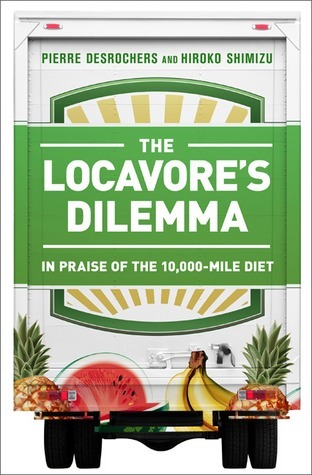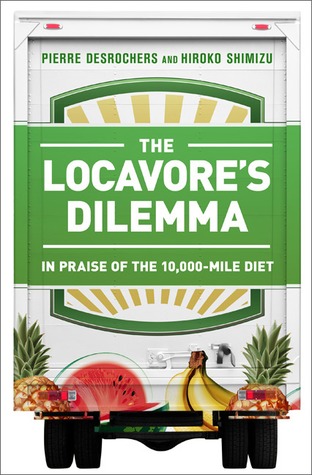'Locavorism': Leading Us Back To The Dark Ages?
The term "locavore" might sound like a referent to just another sub-culture stereotype — someone you'd find in a hip town wearing thick-framed glasses perusing a farmers market.
But the diet isn't just a trend; it's a lifestyle that's growing rapidly across the country. Locavores seek to eat as much locally produced and sold food as possible in order to improve their health, as well as the economy and the environment. Also, they say the local food just tastes better.
Jessica Prentince, the San Francisco Bay Area chef who coined the term, says that locavorism is "about creating an oasis really in the context of a globalized food system that's completely anonymous." It's a noble idea that has certainly benefitted the population by at least making people more aware and attuned to the origin and content of their food, as well as the larger impact their diet has on their own communities.
However, despite its utopian appeal, and as with just about any food- or diet-related conviction, locavorism doesn't exist without pushback. The most recent counter argument comes in the form of The Locavore's Dilemma: In Praise of the 10,000 Mile Diet, the provocative new book by economic geographer Pierre Desrochers and policy analyst Hiroko Shimizu that challenges the notion that local is best.
The authors examine the evidence and use results from thorough research to meticulously argue against locavore claims. In the end, they argue that locavorism will only lead us back to the "world of yesterday" through its offer of a less-diversified, more expensive, and less-safe diet.
Desrochers and Shimizu argue that contrary to locavore logic, eating locally does not improve communities' social capital; instead, it increases consumer waste, inconvenience, and grocery bills, leaving us with less money and time to build local social capital in other ways.
Locavorism may generate more hometown jobs, but it also means more expensive food that leaves consumers with fewer resources to purchase locally produced goods and services other than food, and urbanization is necessary for sustained economic development.
The authors assert that the global food market is greener than the local market thanks to food produced in the most suitable location and delivered over long distances via highly energy-efficient transport, as opposed to produce grown locally using energy-guzzling greenhouses, irrigation, and animal feed to make up for a lack of natural suitability.
The authors argue their full case over at The Daily Beast. Check it out and decide yourself: is local the way to go?

